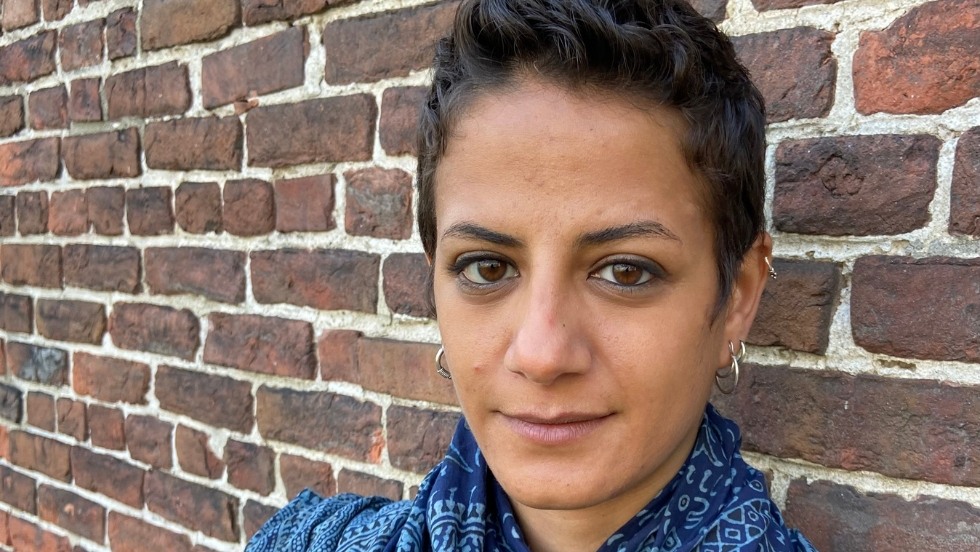Mariz Kelada is a doctoral candidate in the Department of Anthropology, an MA student in the Department of Modern Culture and Media, and a Fellow in Collaborative Humanities at the Cogut Institute at Brown University.
Her doctoral project; Behind the Seen: The Extramoral Politics of Visual Media Production in Egypt, was supported by two Open Society Civil Society Scholar Awards, among others. The project is based on two years of multi-modal ethnographic research following the laboring lives of media’s technical workers in Egypt. By centralizing the popular notion of ‘Akl al’ ish,’ which is translatable to both ‘eating bread’ or ‘eating to live,’ the project examines labor precarity and livelihood beyond notions of dispossession, hustling, and informality. The project redefines what can constitute political action and media politics in a place like Egypt and proposes an understanding of politics that goes beyond, yet still accounts for, the exploitation, governance, and resistance paradigms. Her article "Rethinking Informal Labor Through the Lens of Film Production in Cairo" was recently published in the Middle East Research and Information Project (MERIP).
Kelada is the co-founder of Qaaf.Laam.Collective: a research and advocacy group that works on improving work environments and labor conditions of Egypt’s cultural workers. She also holds an MA in Anthropology and Sociology from the American University in Cairo. Part of her first MA thesis: “Makings of Imagination in Alternative Cultural Spaces in Cairo,” was published in the International Journal of Sociology in 2015. Her research interests include the politics of cultural production; postcolonial theory; labor precarity; transient solidarity; political subjectivities; authoritarian neoliberalism; urbanity and infrastructures; assemblage theory; critical political economy; visual research methods; film production; and media regionalism in Southwest Asia and North Africa.
